Returning Home: Safety Tips For Reentering A Damaged Home
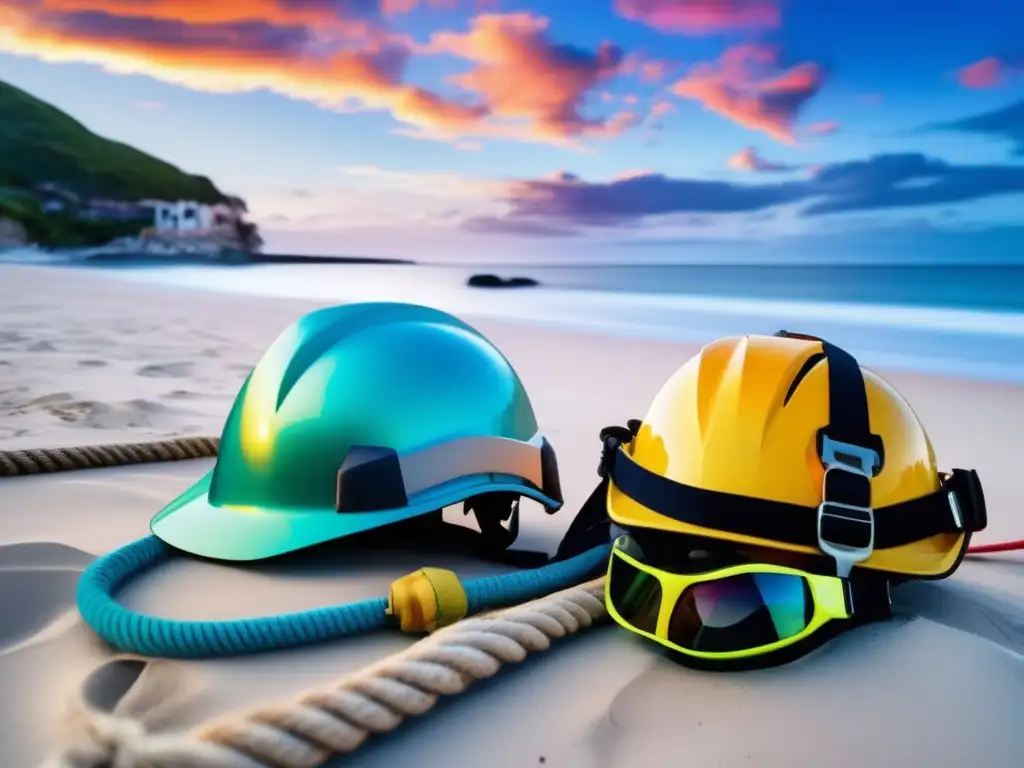
Returning Home: Safety Tips for Reentering a Damaged Home After a Hurricane
Introduction
After a hurricane has passed, returning home can be a daunting task. It is essential to remember that safety should always come first, and proper precautions must be taken to avoid injury or further damage. In this article, we will discuss essential safety tips for re-entering a damaged home after a hurricane.
Assessing the Damage
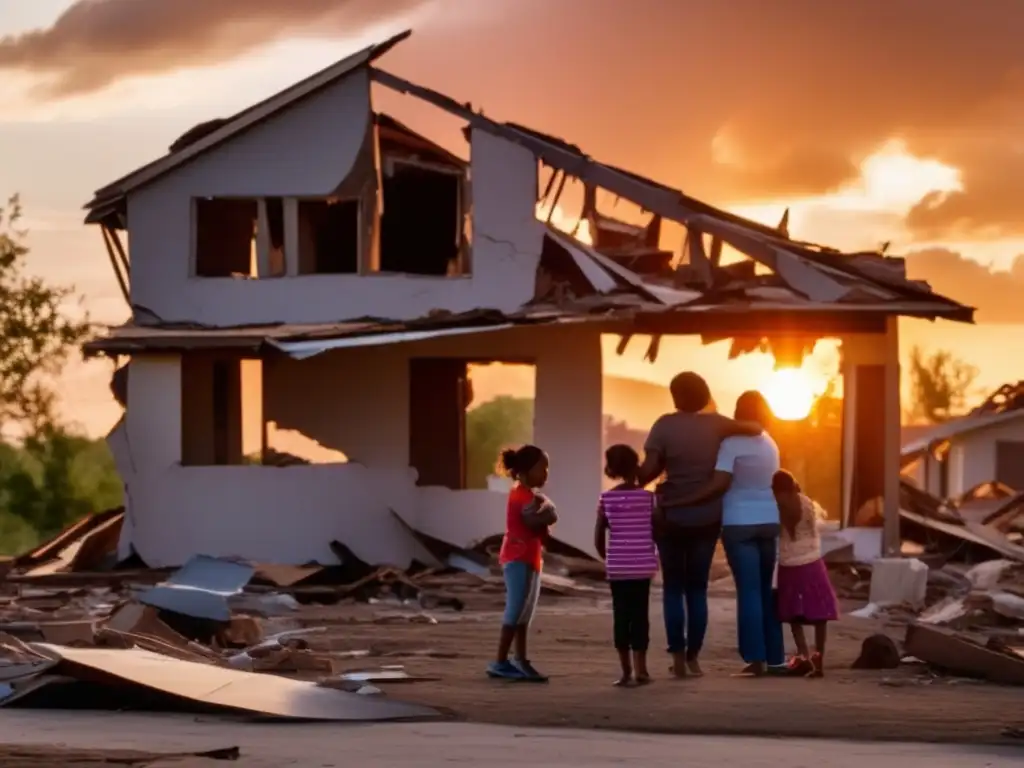
Inspecting the Exterior
Before entering your home, inspect the exterior thoroughly. Look for any structural damage or fallen power lines that could pose a threat. If you notice any damage to your home's foundation, contact a structural engineer before going inside. Additionally, check for gas leaks or other hazardous materials that could have been exposed during the storm.
If you see that any power lines or other utilities are down near your home, do not approach them. Contact your utility company immediately and inform them of the situation. They will have trained personnel available to handle these situations.
Assessing Interior Damage
Once you have cleared the exterior, it is time to assess the interior damage. Be careful when entering your home, as flooding or high winds could have weakened the structure. Start by examining the walls, ceilings, and floors for any signs of water damage or structural issues. If your home has suffered significant water damage, be cautious of mold exposure.
Electrical equipment and appliances may also be hazardous to use if they have been in contact with water. Before using any electrical appliances, have them inspected by a professional.
As you inspect your home, take photos of any damage you find. This documentation will be useful when filing a claim with your insurance company.
Personal Safety Precautions
When entering your home after a hurricane, it is essential to wear proper protective gear. This includes gloves, eyewear, and a face mask to protect against mold exposure. Additionally, use appropriate footwear, as there may be debris or sharp objects on the floor.
If you have any concerns about your home's safety or structural integrity, stay out of the building until it has been inspected by a professional.
Cleaning up After a Hurricane
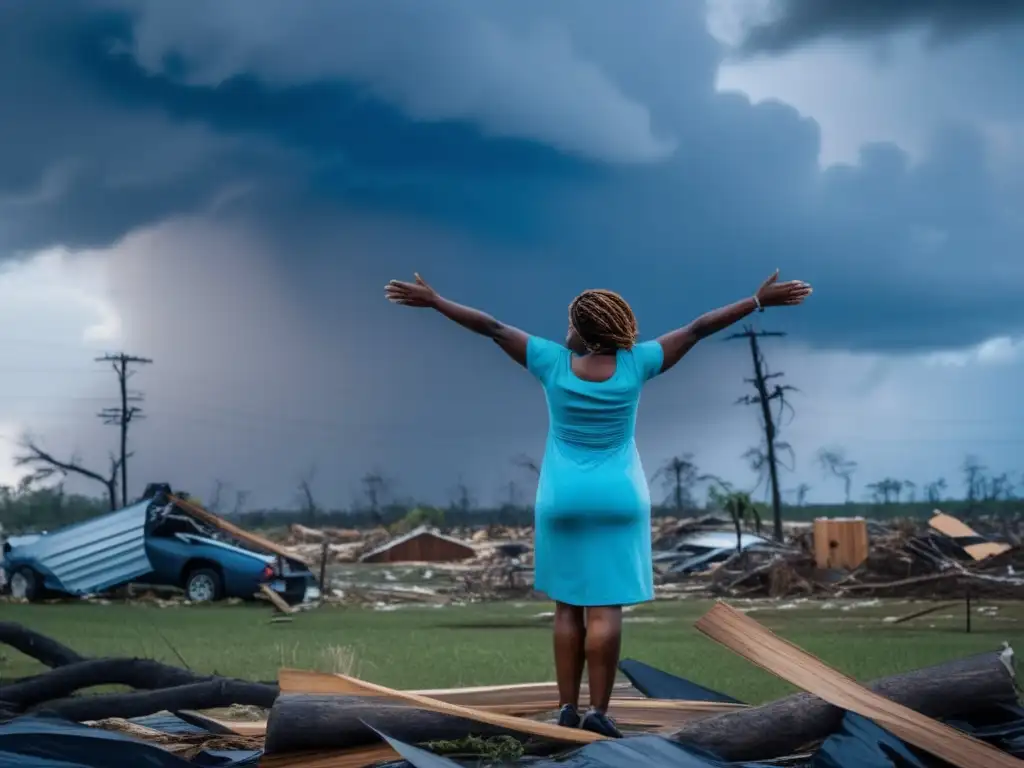
Standing Water
If standing water is present in your home, do not attempt to enter. Contact a professional water restoration company immediately for assistance. If the standing water is minimal, it can be removed using a sump pump or a wet-dry vacuum.
Cleaning Up Debris
Debris left behind by a hurricane can be hazardous and should be handled carefully. Wear the appropriate protective gear and use caution when removing debris. Be sure to separate hazardous materials, such as household chemicals, from regular trash.
If you have large amounts of debris, consider hiring a professional cleanup crew.
Restoring Your Home
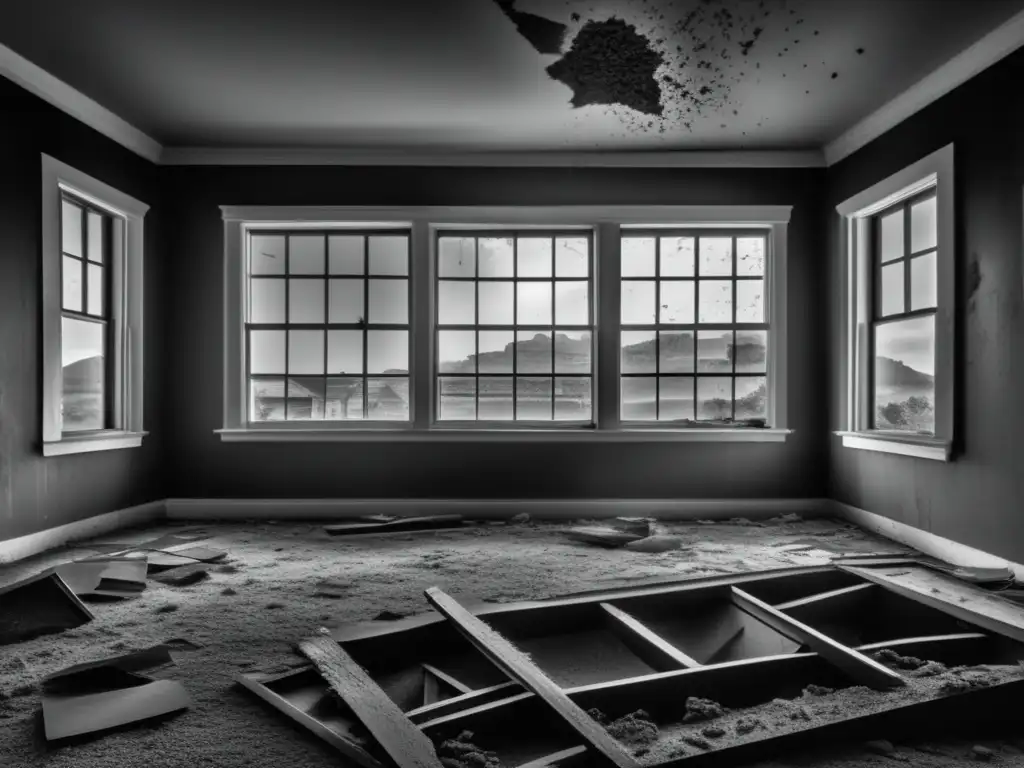
Insurance Claims
After assessing the damage to your home, contact your insurance company to file a claim. Be prepared to provide them with photos of the damage and a detailed list of any lost or damaged items.
It is also important to keep records of all expenses related to repairs and replacement of damaged goods.
DIY vs. Professional Repairs
While DIY repairs can save money, it is important to recognize when a professional is needed. Structural repairs and electrical work should always be done by trained professionals.
If you do opt for DIY repairs, be sure to research the proper procedures and tools necessary to complete the repair safely and effectively.
Prevention for Future Hurricanes
After your home has been restored, take preventative measures to protect it from future storms. Install storm shutters or reinforced windows, secure outdoor items, and trim trees near your home that could cause damage in high winds.
Frequently Asked Questions
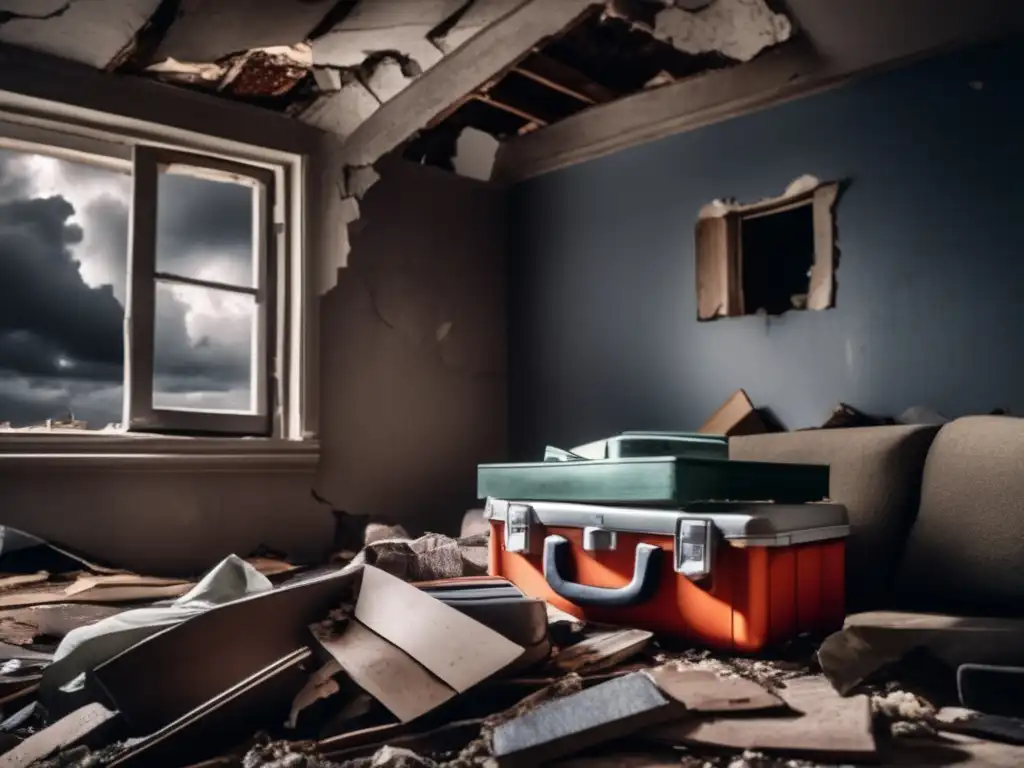
-
Is it safe to enter my home after a hurricane?
It is not safe to enter your home until you have thoroughly assessed the exterior and interior for damage and received clearance from a professional if structural damage is present.
-
Should I attempt to clean up standing water in my home?
No, it is not recommended to clean up standing water on your own. Contact a professional water restoration company for assistance.
-
Do I need to hire a professional to repair all hurricane damage?
No, some repairs can be done safely through DIY efforts. However, structural repairs or electrical work should always be done by a trained professional.
-
What preventive measures can I take for future hurricanes?
To protect your home in the future, consider installing storm shutters or reinforced windows, securing outdoor items, and trimming trees near your home that may cause damage in high winds.
-
How do I file an insurance claim for hurricane damage?
Contact your insurance company to file a claim. Be prepared to provide them with photos and a detailed list of lost or damaged items.
Conclusion
Returning home after a hurricane can be a difficult and dangerous task, but there are steps you can take to ensure your safety. Always assess the damage before entering your home and use proper protective gear. When cleaning up debris or making repairs, use caution and recognize when a professional is needed. By taking preventative measures, you can protect your home from future hurricanes. Stay safe!
If you have any additional questions or concerns, please leave a comment below or contact us through our website. For more information on hurricanes and hurricane-related topics, visit HurricaneInsider.org.
Additional Resources

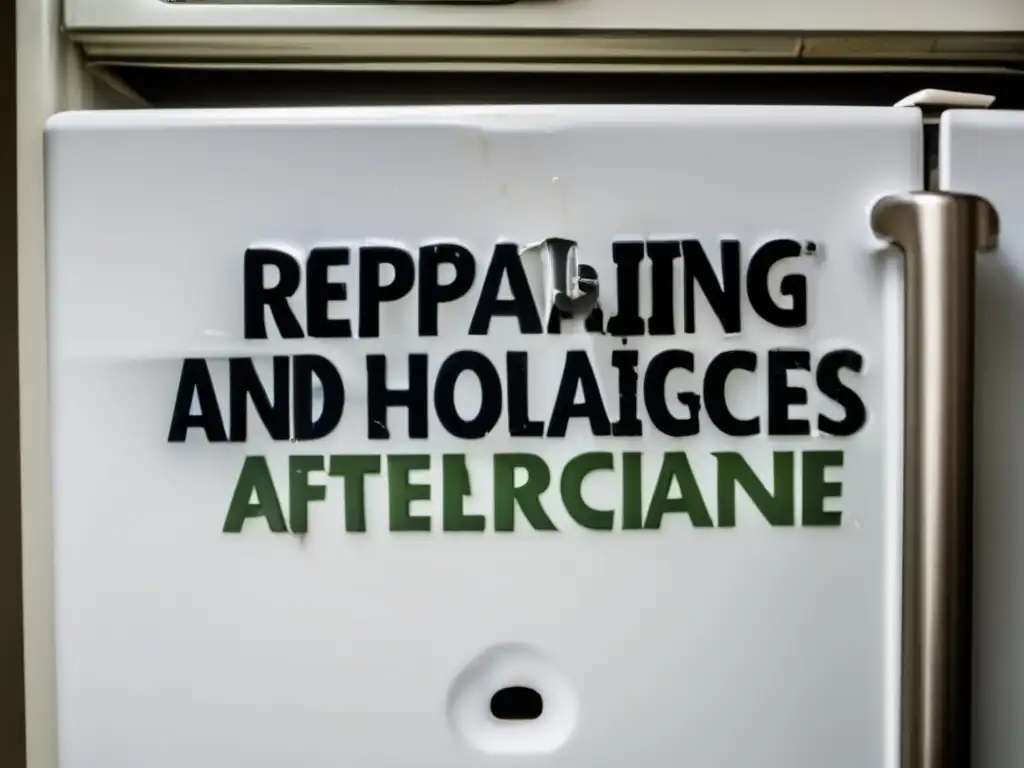 Repairing And Replacing Damaged Appliances After A Hurricane
Repairing And Replacing Damaged Appliances After A Hurricane Managing Stress And Anxiety During Post-Hurricane Recovery
Managing Stress And Anxiety During Post-Hurricane Recovery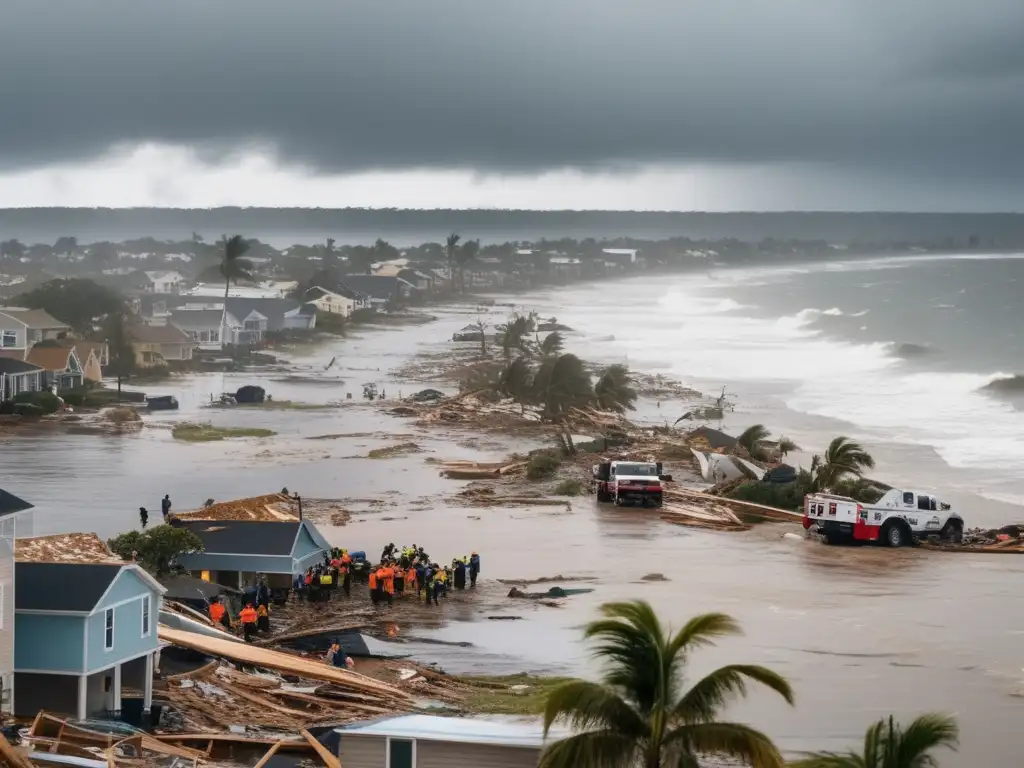 Social Media And Crowdfunding For Post-Hurricane Relief
Social Media And Crowdfunding For Post-Hurricane ReliefIf you want to discover more articles similar to Returning Home: Safety Tips For Reentering A Damaged Home, you can visit the Hurricane recovery: category.
Leave a Reply

Articulos relacionados: